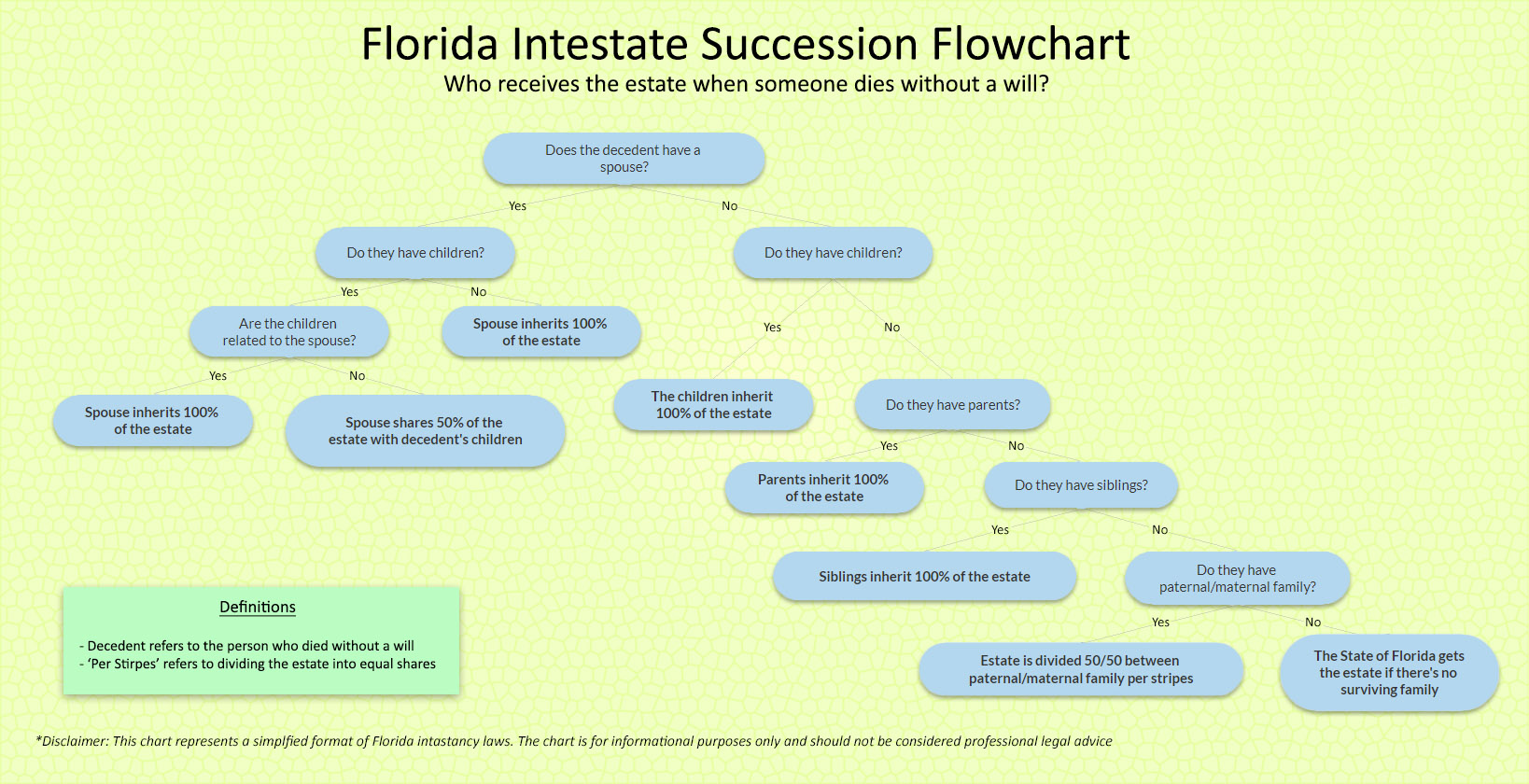Michigan Estate & Probate Litigation
Probate litigation includes cases regarding will and trust disputes, guardianship and conservatorship issues, and mental commitment proceedings. Michigan Probate Courts have jurisdiction over all estate related matters.
Most often, cases come to Probate Court when a person passes away without a will or trust. Other cases may involve disagreements over existing will/trust documents. Finally, guardianship or conservatorship concerns may arise when a loved one becomes incapacitated. So, Probate Court becomes necessary to resolve any financial, custodial, or property issues.
Will and Trust Disputes
Will and trust disputes arise when a family member, or other beneficiary is unhappy with the terms of a will or trust. In order to contest a will or trust, a person must have legal grounds to do so. Basically, the person or entity contesting the will must have a legal interest in the estate.
Of course, there are time limits on contesting these documents. So, it’s important to contact an experienced probate attorney for assistance with any will or trust disputes.
Grounds for Contesting a Will or Trust
Numerous grounds exist for vacating a will or trust. The most common include:
- Incapacity– A person must have the mental capacity to sign a will or trust document. For example, an elderly relative with dementia is not capable of understanding the legal ramifications of signing a will or trust. Michigan Law states the individual signing a will must be at least 18 years old and truly understand every aspect of this legal document. So, if an incapacitated person signed a will or trust document, it is invalid and may be thrown out in Probate Court.
- Undue Influence– Sadly, some folks may take advantage of elderly relatives and convince them to change a will or trust. Usually, this is a way to increase their inheritance or to disinherit another family member. If you notice that an elderly parent signed a “new” will or trust, make sure your parents’ original intentions were not changed with the recent document. Unfortunately, dishonest siblings may take advantage of parents’ declining mental abilities.
- Fraud– This occurs when a person signs a will or trust assuming their assets are going to their family members. After the person dies, the family finds out a neighbor, or another dishonest individual tricked their relative into signing a new document leaving assets to someone outside of the family. Seek legal help immediately for this type of fraud.
- Improper Procedure– A will or trust must be signed by the person writing the document. Two witnesses must also sign the will or trust. A will is filed with the court after a person’s death. A trust is a private document; so, most trusts are not filed with the court. If a will or trust is not properly signed, they are not valid. Thus, an invalid document will be thrown out by the court.
Probate Matters Outside of Michigan
When someone passes away without a valid will, their property will be declared “intestate” and the courts will have to use a specific process to determine which family member receives assets of the deceased. This process is known as Intestate Succession. This highly complex process will differ depending on the state which the individual resides in prior to their passing. For example, in a case where the individual lived in Michigan but now retired to Florida, their property may be subject to probate laws within the State of Florida. This flowchart below provides insight into the complex nature of these laws

This Graph shows a flowchart of Florida Intestate Succession Law.
As a result, when someone passes away without a valid will or has other legal issues regarding the probate process, it’s important to consult with a probate litigation attorney who’s licensed within the state at which the decedent resides at the time of death.
Guardianship
In Michigan, when a person is no longer able to care for themselves and make legal decisions, the court may appoint a guardian. Generally, courts appoint guardians for the elderly, or for minors that lost their parents. Sometimes a child’s parents may have passed away, other times the parents are incapable of properly caring for the child. Additionally, mentally handicapped people often have appointed guardians to look out for their best interests. Courts may grant total guardianship or limited guardianship.
A person with a guardian is known as a “legally incapacitated person.” So, if someone in your family requires assistance, contact a family law attorney to help navigate the process to obtain guardianship for your loved one.
Conservatorship
Conservatorship is similar to guardianship. Both are appointed in Probate Court. A guardian looks after a legally incapacitated person’s best interests. A conservator is primarily involved in financial and property matters. Sometimes the same person holds the role of guardian and conservator. Like a guardian, a conservator helps the elderly, minors, or incapacitated people.
Someone needing a conservatorship is referred to as a “legally protected individual.” Of course, the person requiring guardianship or conservatorship may object. Then, the judge will appoint an attorney to represent that person’s best interests. Therefore, it remains extremely important to consult an experienced family law attorney regarding any probate litigation matters.




